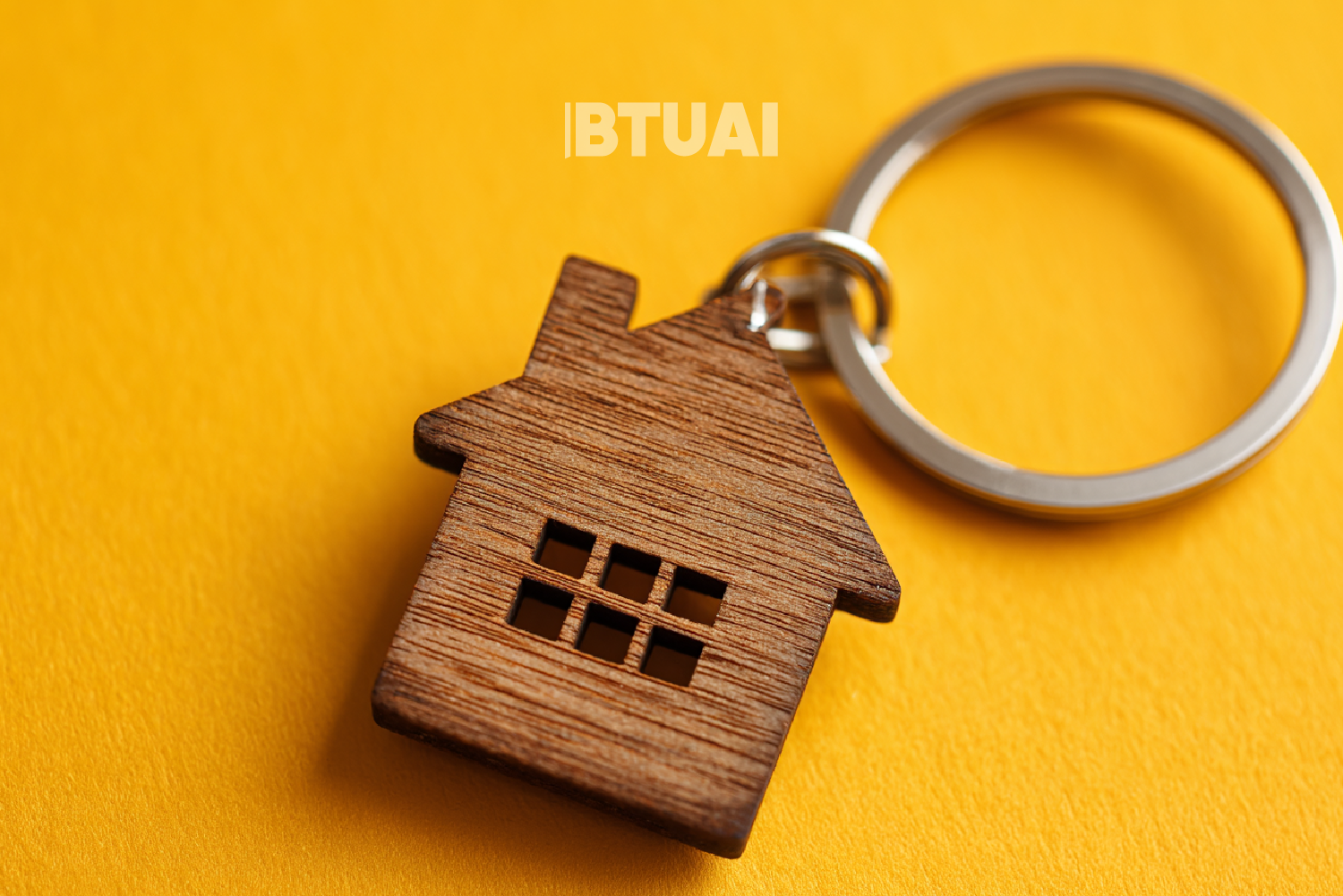Why Are Apartment Rents Declining in Tbilisi and What It Means for Owners and Investors
In May 2025, the average apartment rental price in Tbilisi dropped again, reaching $9.3 per square meter, marking a

In May 2025, the average apartment rental price in Tbilisi dropped again, reaching $9.3 per square meter, marking a 2% monthly decline and the lowest rate in the past two years (Galt & Taggart). This trend has been unfolding since the beginning of the year — in March, rental prices plunged by a sharp 11% (Global Property Guide), breaking the pattern of high and rising rents that had characterized most of 2024. For investors who had relied on rental income as a key incentive to purchase property, this shift is hard to ignore.
But this is not just a cyclical dip — it’s a sign of deeper structural changes in Tbilisi’s real estate market. One major factor behind the decline is the growing use of developer-financed installment plans, which are increasingly replacing traditional mortgage-based purchases. In 2025, 81% of units in projects set to be completed this year have already been sold, with the majority through direct installment schemes (Galt & Taggart). This means that many residents who would have otherwise rented apartments now opt for ownership, making monthly payments that go toward purchasing rather than renting.
In parallel, lower-cost districts are gaining popularity. Areas like Didi Dighomi, Gldani, and Samgori, where prices per square meter are between $1,054 and $1,072, are seeing strong sales activity (Galt & Taggart). These neighborhoods offer affordable entry points for buyers, but for investors seeking rental income, they also signal lower yield potential — especially as competition increases and rents stagnate.
The rental yield — the ratio of annual rental income to property price — is a crucial indicator for investors. In Tbilisi, the gross rental yield has dropped to 7.78% in Q1 2025, down from over 9% the previous year (Global Property Guide). This decline matters, as it makes real estate less attractive relative to rising bank deposit rates, which now offer investors more stable, passive income with lower risk.
At the same time, supply is slowing. Construction permit volumes in May dropped by 18.3% year-over-year, with the total permit area for the first five months of 2025 down 1.1% (Galt & Taggart). In theory, this reduction in new supply could eventually stabilize or even increase rents, but in the short term, the market remains saturated with options, giving renters greater choice and negotiating power.
Despite these changes in the rental segment, property sales remain strong. In May 2025, 3,325 apartments were sold in Tbilisi, and 15,865 transactions were recorded in the first five months of the year, bringing the residential market value to over $1.2 billion (Galt & Taggart). This shows that demand for homeownership continues, even as rental dynamics shift.
Forecasts now suggest that rental prices will stabilize in the $9–10 per square meter range throughout the rest of 2025 (CBW). For investors, this means reassessing expectations and potentially diversifying income strategies. For renters, the recent declines may offer a window of opportunity to secure more affordable housing — or even transition to ownership under favorable installment terms.
In short, the decline in Tbilisi’s rental prices is not a temporary market blip. It reflects a fundamental rebalancing of the real estate ecosystem: developer financing is reshaping buyer behavior, ownership is becoming more accessible, and rental yields are being squeezed. For investors, this could be a challenge — but also an opportunity to rethink strategy in a market that’s quickly evolving.




